Competition between tourist destinations is very intense at the global level. New destinations that are constantly emerging in many parts of the world, the continuous development of new technologies and the current bad economic conditions are a very influential factor.
This article aims to explore the potential of urban tourism in Thessaloniki. It is necessary to draft a strategic marketing plan to promote the city as a tourist destination all year round. This study is based on a research framework.
The research includes data from nearly 400 surveys conducted in places such as hotels, airports and ports filled by representative groups of tourists and tourism professionals, and secondly, secondary and literature review.
The results offer a complete proposal for a strategic marketing plan for tourism in Thessaloniki, consisting of areas that need to be strengthened and promoted, in particular cultural routes, gastronomic tourism and health tourism.
It is aimed to develop urban tourism throughout the year by promoting the distinctive elements of Thessaloniki and respecting the cultural characteristics and history of the city.
The tourist market of the Southeastern Mediterranean geographical region, to which Greece belongs, consumer preferences are constantly evolving.
These changes in the international tourism landscape combined with the economic crisis and the new economic situation in Greece have led to the necessity of new proposals in the tourism sector.
Urban tourism aims to gain a more competitive position within the urban system and to create competitive advantages over other similar cities. Its development, especially city branding and city marketing, is of particular importance.
In the context of these trends and developments, an attempt has been made in recent years to develop urban tourism in Greece by developing relevant marketing plans for cities.
These recommendations include strategic planning that will show the comparative advantage of each region or city separately.

Strategic Marketing
Preparing strategic marketing plans for tourism is effective if a certain process is followed, which consists of five logical steps of five consecutive steps.
- The first step aims to develop a corporate mission and formulate corporate goals.
- The second step includes the SWOT analysis.
- The third step is about setting marketing objectives and developing alternative marketing strategies.
- The fourth step includes the evaluation of all alternatives and the final selection of a strategy.
- The fifth and final step is the creation of the regular marketing mix and the implementation of the chosen strategy.
The results of the strategic analysis provide a valuable basis for setting goals and selecting strategy for the next phase of the project.
Strategies aim to implement marketing objectives while tactics aim to implement all strategies. Tourism marketing strategies are divided into high or general ones and special ones.
Formulated from the most famous strategies that can be used by any organization are three highly alternative strategies:
(1) Cost strategy,
(2) The differentiation of product features from other competing products, and
(3) Focus on niche markets.
The growth and market share model, called the model, offers an interesting technique for developing objective, alternative strategies. There are four different product types according to the BCG model.
[caption id="attachment_16597" align=alignnone width=2047] Oia, Santorini. Greece[/caption]
Oia, Santorini. Greece[/caption]
Regarding the intensity of competition and the forces driving it, he argues that each company is particularly concerned with the intensity of competition in the industry in which it operates.
The degree of competition intensity depends on the five main forces that also determine the profitability of the sector.
These forces are:
(1) new players entering the market
(2) consumer power,
(3) the threat of substitute products,
(4) the current intensity of competition, and
(5) is the power of suppliers.
Dr.Yaşam Ayavefe
















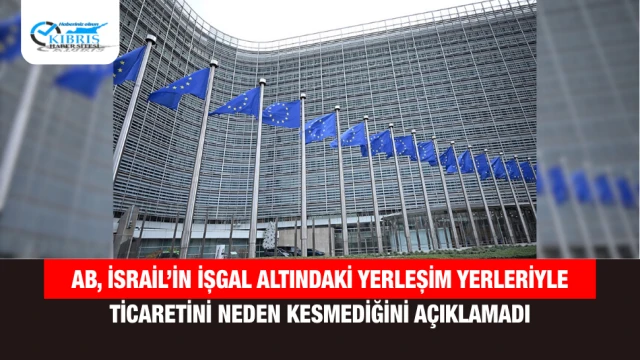
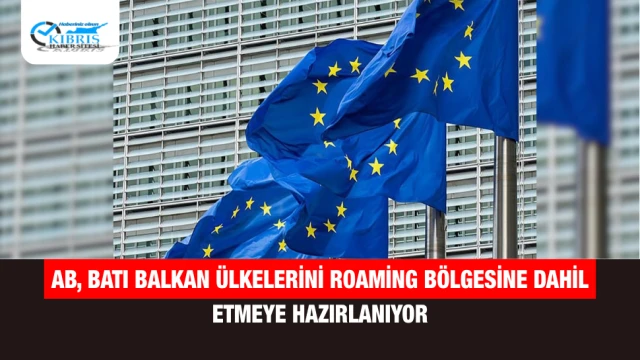

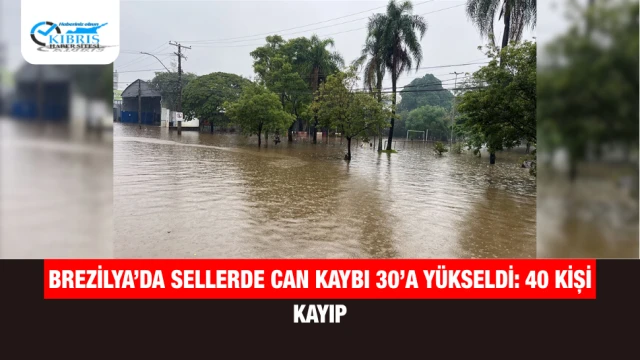



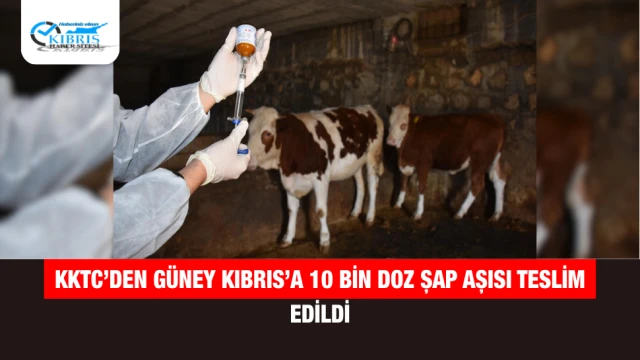


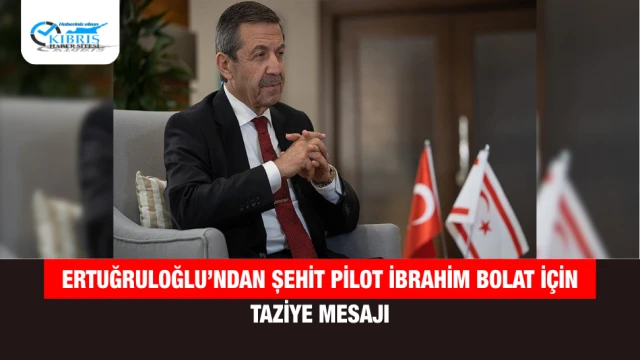
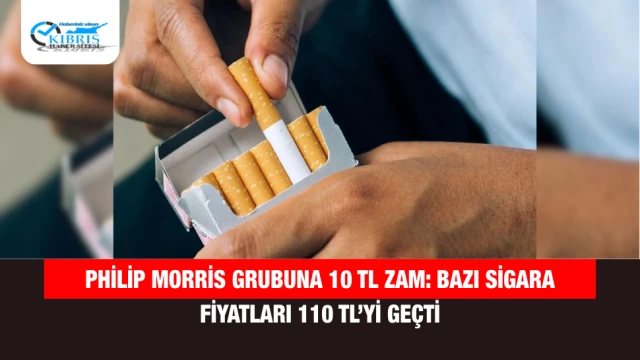
Yorum Yazın